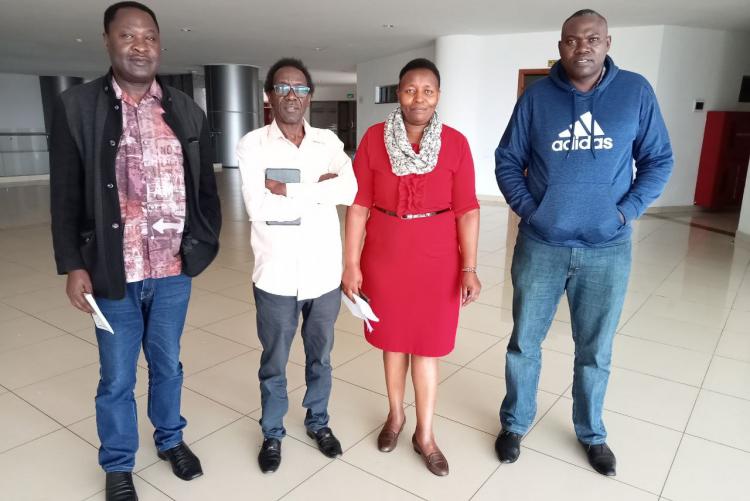Public education is a major aspects of archeology. Public education is important because we need to account to the public who are taxpayers and Funders. This was the key message by Ms Tabitha Ndogoto a PhD student, Department of History and Archeology.
Speaking during a seminar organized by the Department of History and Archeology, Ms Tabitha noted that educating the public is essential to preserve heritage.
“The role of Museums is to educate the public. This is mainly done through exhibitions”, she said. She observed that in the recent times of technological advancement, museums are competing for attention with other avenues of entertainment and recreational centers.
“Museum collects information, does research and display objects. The goal is to change attitudes in how the public view the world. Public perception of museum is based on museum artefacts. Public able to identify with museums.”, she said.
Ms. Rebecca pointed out that a museum is a place where you create and spend time, enjoy yourself and remind yourself of your cultural values. Through the museum we connect with wider society. Museum collection is good for history. “Museums are informal learning environment. Museums helps children develop new ways of learning. Museum harness the process of learning and helps students develop their creativity. Objects arouses student curiosity, invokes memories and deepens learning process. Museums inspire interest in areas of study. Museum experience is fascinating and educative to especially to the students,” she said.
Exhibits examined through the glass encasement and the images and objects helps conversation around cultural context. The images improve learning. Appreciation of diversity of cultures.
- Log in to post comments

